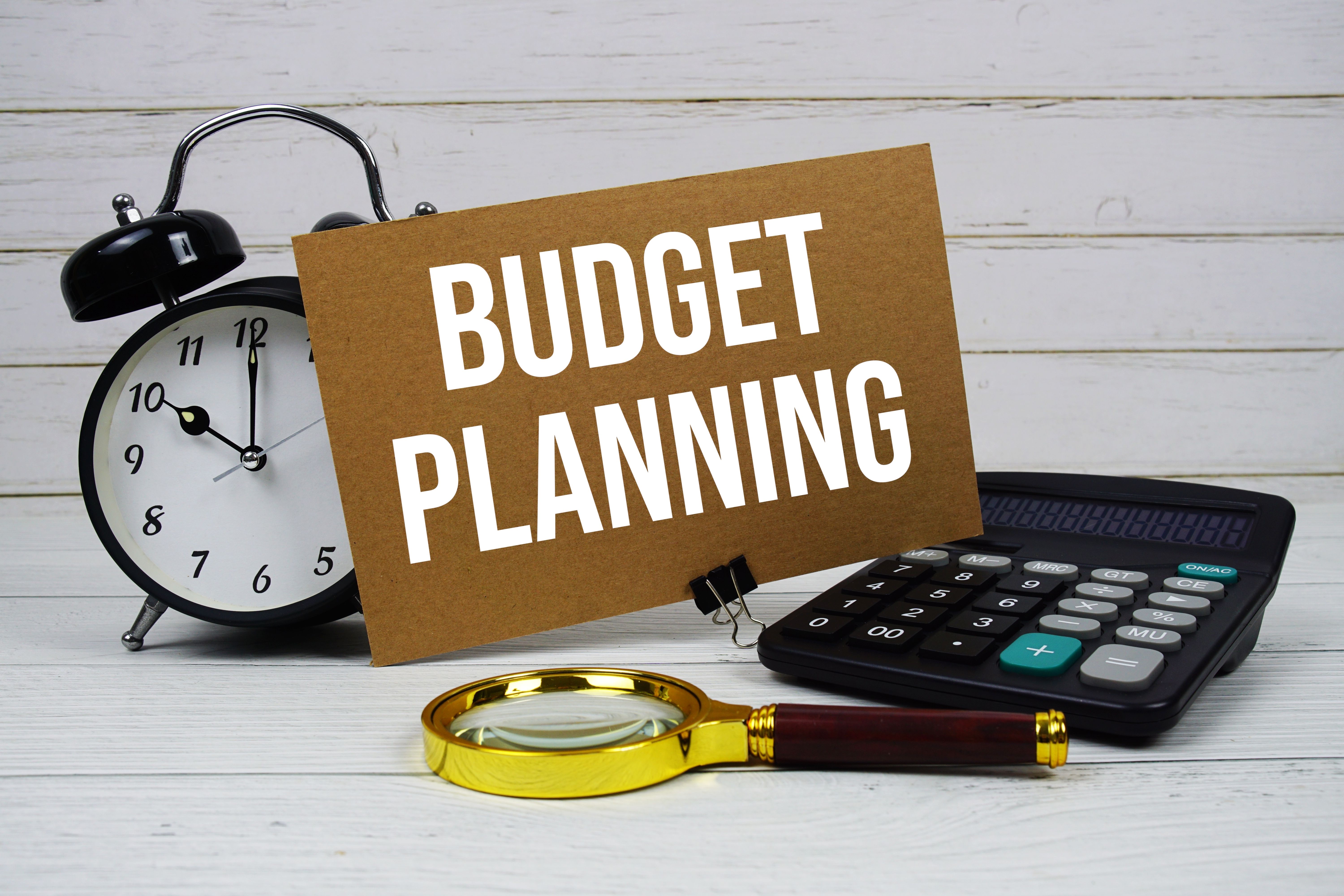Building Financial Health through Smart Decision Making
Understanding Financial Health
Building financial health is a journey that requires discipline, patience, and strategic decision-making. Financial health is not just about having enough money in your bank account but also involves how you manage your debts, investments, and savings. A strong financial foundation can provide peace of mind and the ability to achieve long-term goals.
To begin improving your financial health, it's essential to understand your current financial situation. This involves evaluating your income, expenses, debts, and assets. By gaining a clear picture of your finances, you can make informed decisions about where to allocate resources and how to plan for the future.

Setting Financial Goals
One of the first steps in building financial health is setting clear financial goals. These goals act as a roadmap, guiding your financial decisions and helping you stay focused. Whether you aim to save for retirement, purchase a home, or pay off student loans, having specific goals allows you to measure progress and stay motivated.
When setting financial goals, consider using the SMART criteria: Specific, Measurable, Achievable, Relevant, and Time-bound. This approach ensures that your goals are realistic and attainable, providing a sense of direction and purpose in managing your finances.
Creating a Budget
A budget is a fundamental tool in achieving financial health. It helps you track your spending, identify areas where you can cut costs, and ensure you're saving enough to meet your goals. Start by listing all sources of income and tracking all expenses. Categorize these expenses into needs and wants to see where adjustments can be made.
By adhering to a budget, you can avoid unnecessary debt and make smarter financial choices. Remember, a budget is not a restriction but a plan for freedom—it allows you to spend confidently on things that matter most to you.

Managing Debt Wisely
Debt management is a critical component of financial health. Not all debt is bad; however, understanding how to manage it effectively is crucial. Prioritize paying off high-interest debts first, such as credit card balances, while maintaining regular payments on other obligations.
Consider strategies such as debt consolidation or refinancing to reduce interest rates and simplify payments. Additionally, cultivating a habit of using credit responsibly can prevent future debt from becoming unmanageable.
Building an Emergency Fund
An essential element of financial health is having a robust emergency fund. This fund acts as a financial safety net, covering unexpected expenses like medical emergencies or sudden job loss without derailing your financial plans.

Aim to save at least three to six months' worth of living expenses in an easily accessible account. Start small if necessary, gradually increasing contributions as your financial situation improves. An emergency fund provides peace of mind and financial stability.
Investing for the Future
Investing is a powerful way to build wealth over time and secure your financial future. Begin by educating yourself on different investment options, such as stocks, bonds, mutual funds, and real estate. Each comes with its own level of risk and potential return.
Diversifying your investment portfolio can help minimize risk and maximize returns. Consider seeking advice from financial advisors to develop an investment strategy tailored to your risk tolerance and financial goals.
Regular Financial Check-Ups
Maintaining financial health requires regular check-ups to assess your progress and make adjustments as needed. Set aside time periodically to review your budget, evaluate investment performance, and reassess financial goals.
Life circumstances change, and so should your financial plans. By staying proactive and vigilant, you can ensure that your finances remain on track and aligned with your long-term objectives.